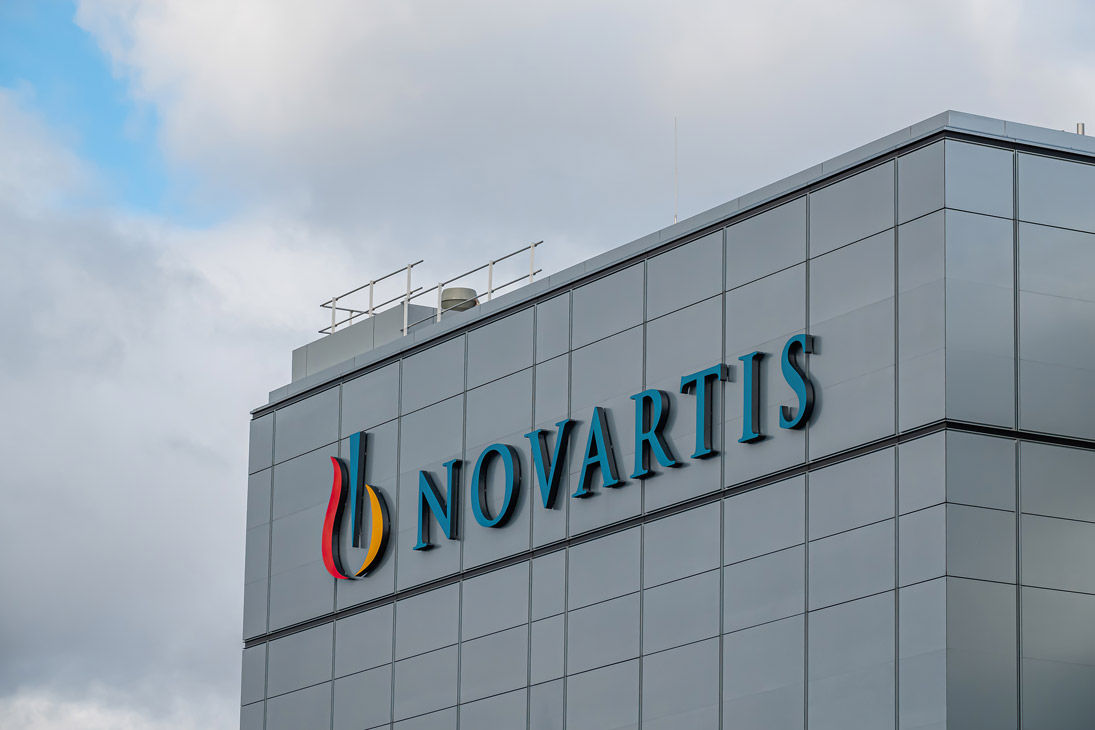Kisqali significantly reduced the risk of recurrence by 25% across a broad population of patients with early breast cancer; clinically meaningful benefit was consistent .across subgroups – Novartis

Novartis presents positive primary endpoint data from the pivotal Phase III NATALEE trial at the 2023 American Society of Clinical Oncology (ASCO) Annual Meeting . Data showed that Kisqali (ribociclib) plus endocrine therapy (ET), compared to ET alone, lowered the risk of cancer recurrence by 25.2% in patients with stage II and III hormone receptor-positive/human epidermal growth factor receptor 2-negative (HR+/HER2-) early breast cancer (HR=0.748; 95% CI: 0.618, 0.906; p=0.0014) along with a consistent, clinically meaningful invasive disease-free survival (iDFS) benefit across key pre-specified subgroups, including distant disease-free survival (DDFS) (26% risk reduction) and recurrence-free survival (RFS) (28% risk reduction), with a trend for improvement in overall survival (OS) (HR=0.759; 95% CI: 0.539, 1.068).
The safety profile of Kisqali at 400 mg was favorable with low rates of symptomatic adverse events (AEs) and limited need for dose modifications when administered up to three years. The most frequently reported AEs of special interest (grade 3 or higher) were neutropenia (43.8%) and liver-related AEs (e.g. elevated transaminases) (8.3%)1. Grade 3 or higher QT interval prolongation and diarrhea were low for Kisqali at 1.0% and 0.6%, respectively.
“These landmark results will fundamentally change how we treat patients with stage II and III HR+/HER2- early breast cancer who are in need of new, well-tolerated options that prevent their cancer from coming back,” said Dennis J. Slamon, M.D., Director of Clinical/Translational Research, UCLA Jonsson Comprehensive Cancer Center and Chairman and Executive Director of Translational Research In Oncology (TRIO) and NATALEE trial lead investigator. “Addressing this unmet need across such a broad patient population could help streamline treatment decisions for healthcare providers and keep many more at-risk patients cancer-free without disrupting their daily lives.”
“Patients diagnosed with HR+/HER2- early breast cancer remain at risk of cancer recurrence, given that one-third of patients diagnosed with stage II and more than half of those diagnosed with stage III will unfortunately experience a return of their cancer,” said Shreeram Aradhye, M.D., President, Global Drug Development and Chief Medical Officer, Novartis. “The compelling data from NATALEE highlight the potential of Kisqali to reduce the risk of cancer recurrence in this at-risk population, including node-negative patients, while maintaining a favorable safety profile. These potentially practice-changing results reinforce the unique and well-established profile of Kisqali as a proven treatment in HR+/HER2- metastatic breast cancer.”
“Patients diagnosed with HR+/HER2- early breast cancer remain at risk of cancer recurrence, given that one-third of patients diagnosed with stage II and more than half of those diagnosed with stage III will unfortunately experience a return of their cancer,” said Shreeram Aradhye, M.D., President, Global Drug Development and Chief Medical Officer, Novartis. “The compelling data from NATALEE highlight the potential of Kisqali to reduce the risk of cancer recurrence in this at-risk population, including node-negative patients, while maintaining a favorable safety profile. These potentially practice-changing results reinforce the unique and well-established profile of Kisqali as a proven treatment in HR+/HER2- metastatic breast cancer.”
Novartis plans to submit these Phase III data to regulatory authorities in the US and Europe before end of year.